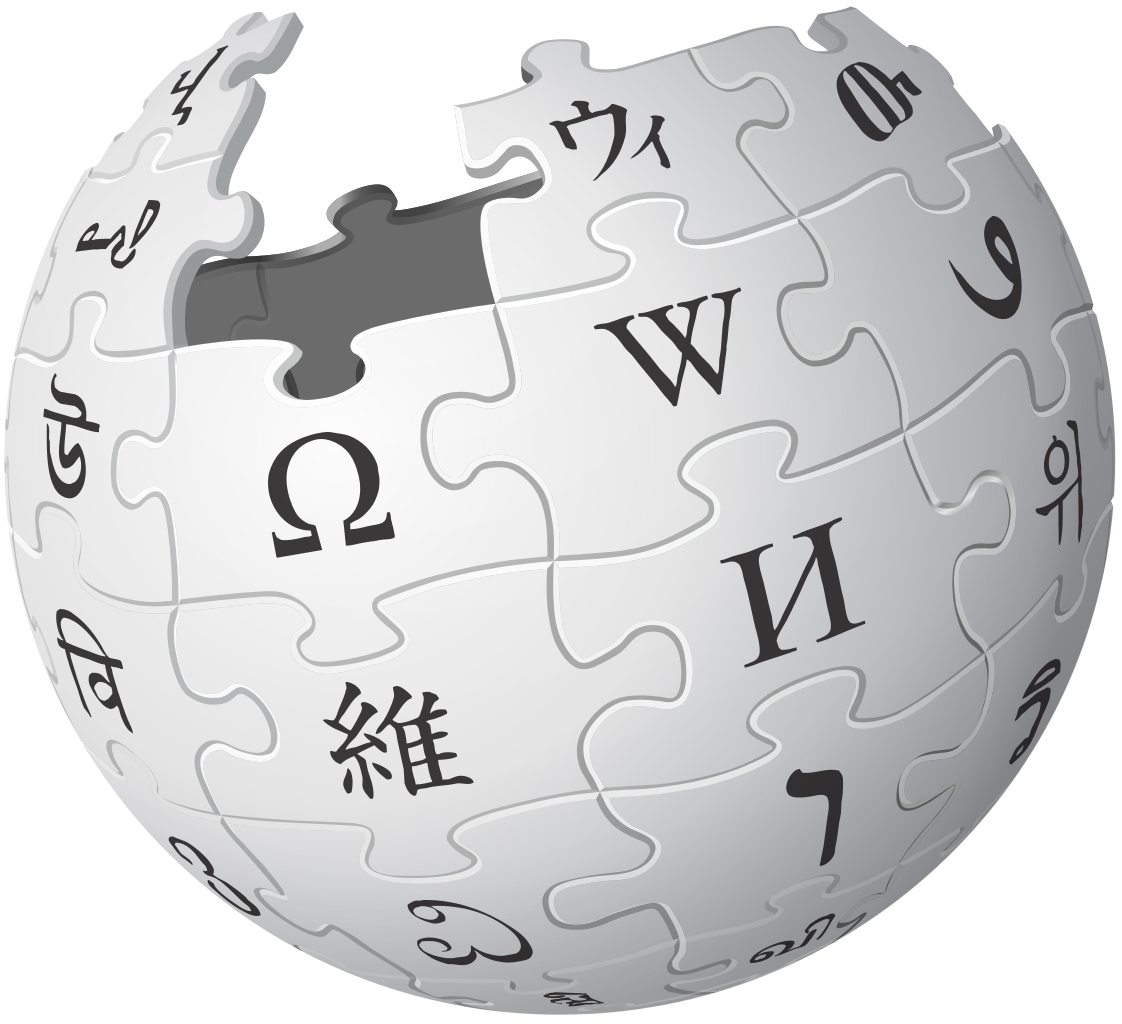In 2011, the State Council approved a plan to expand and digitize the upcoming third edition of the Encyclopedia of China (Zhōngguó Dà Bǎikē Quánshū 中国大百科全书), a Beijing-approved reference book first published in 1993 and not updated since 2009. At the South China Morning Post, Stephen Chen reports that those in charge of the project are seeking for it to be a “Great Wall of culture” capable of “overtaking” the free, user-driven online encyclopedia Wikipedia:
Designed to be the nation’s first digital book of “everything”, it will feature more than 300,000 entries, each about 1,000 words long, making it twice as large as the Encyclopaedia Britannica, and about the same size as the Chinese-language version of Wikipedia.
“The Chinese Encyclopaedia is not a book, but a Great Wall of culture,” Yang Muzhi, the editor-in-chief of the project and the chairman of the Book and Periodicals Distribution Association of China, told senior scientists at a meeting at the headquarters of the Chinese Academy of Sciences (CAS) in Beijing on April 12, according to a report on the academy’s website the next day.
[…] Yang told the meeting China was under international pressure and felt an urgent need to produce its own encyclopaedia to “guide and lead the public and society”.
[…]“The readers regarded it to be authoritative, accurate, and it branded itself as a ‘free encyclopaedia that anyone can edit’, which is quite bewitching,” he wrote. “But we have the biggest, most high-quality author team in the world … our goal is not to catch up, but overtake.” [Source]
The team described by Wang will reportedly be made up of 20,000 people from universities and research organizations—institutions that are currently a frontline in an ongoing drive to reinforce ideological orthodoxy throughout society. The ambitious project is expected to be completed and online next year.
At Quartz, Echo Huang reports further on the team described by Yang as “the biggest, most high-quality author team in the world,” highlighting the subjectivity of “quality” judgements:
Instead of being created in a freewheeling collaboration by volunteers, and openly editable, the Chinese encyclopedia will be a collaboration among scholars carefully selected from state-owned universities and institutions (link in Chinese), such as the Chinese Academy of Sciences, a state-backed think tank.
[…] In December, Yang also said Wikipedia might convey “the impression that it’s authoritative and accurate.” But, he suggested, volunteers can’t possibly be as authoritative as dozens of scholars.
[…] It will be interesting to see how the online encyclopedia addresses topics like the “nine-dash line” or Korea’s past relationship with China. [Source]
While certain “sensitive” Wikipedia pages have long been blocked in China, in May 2015 authorities blocked the entirety of Wikipedia’s Chinese-language domain (zh.wikipedia.org). Months later, after Wikipedia founder Jimmy Wales announced he would visit Beijing to make a case for the unblocking of his service, all of Wikipedia was temporarily IP blocked, barring access to all articles in any language for a short time. Today, most foreign language articles are accessible in China, with particularly sensitive ones blocked. Zh.wikipedia.org remains 91% blocked in China, according to GreatFire.org, which regularly monitors sensitive English and Chinese-language Wikipedia articles.








